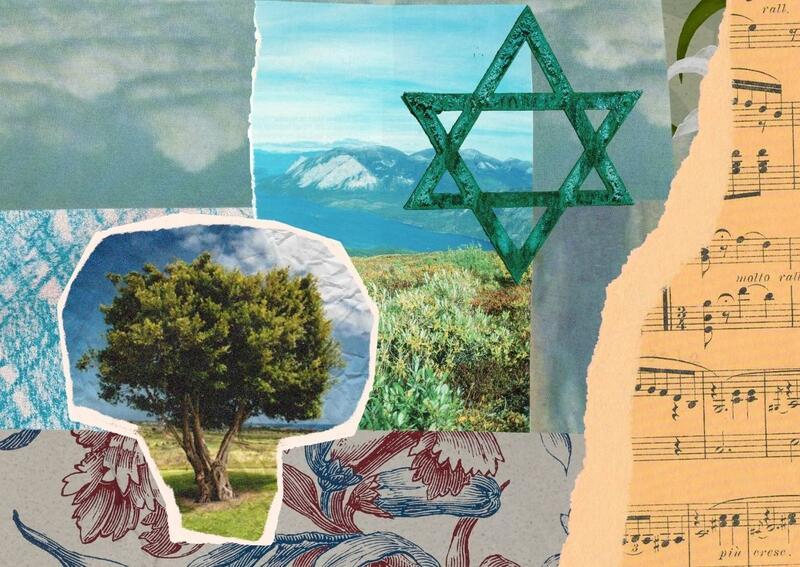Expanding Spirituality through Inclusivity
Shabbat services were always some of my favorite moments at camp. Each week the entire community gathered in an outdoor amphitheater overlooking a brilliant, green lake framed by soaring mountains and, on Friday nights, the setting sun. Gazing at the landscape, year after year, I was moved by just how pretty it was. Combined with the joyful singing of my fellow campers, those Shabbat experiences still stick with me, not for their traditional religious significance, but because I found my own sense of spirituality in that moment.
Although I am not a very religiously observant person, I still believe in the importance of having spiritual moments throughout one's life to ground and connect them with a greater community. Everyone should have the opportunity for experiences like those I had at camp, whether in an organized religious setting or not. Jewish communities can become more accessible and inclusive by offering numerous ways to connect with spirituality and access an inner wonder and joy for the world.
What does it mean for one to be spiritual? This question is the basis of any religion, as people attempt to cope with life’s ups and downs and make meaning from their world. While I see religion as being more traditional and based in established institutions, spirituality involves less conventional methods of accessing a bond with a larger community. I define spirituality as the ability to feel part of a greater community, whether it’s a literal community or a metaphorical one (like a connection with nature).
A person’s relationship with religion and spirituality may change over the course of their life, too, as they go through different phases and navigate changing circumstances. It is crucial for all religious groups, no matter their level of observance or practice, to create a space that’s welcoming for people with different definitions of spirituality and religion. Doing so provides better support for those who need it.
Just as people’s relationships with religion vary, so too do their ways of accessing spirituality. Even for those who don’t necessarily believe in the “traditional” idea of God, there are a plethora of ways to find meaning and purpose in spiritual activities: experiencing nature, music, or human connection, just to name a few. All avenues for connecting to spirituality can enable people to form deep bonds with each other and their surroundings.
This doesn’t mean that we should do away with traditional prayer practices. On the contrary, I believe that prayers are a way of bridging people for a greater purpose. I don’t often connect with the meaning of the words when I recite prayers in synagogue (partially because I don’t speak Hebrew), but I am often moved by the music that accompanies the words. It’s the sound of many voices joining together that allows me to connect with the prayer, even if I don’t know what I’m saying.
I had this experience a few years ago at a Passover seder. My family and I were visiting Greece and were invited to a community seder in Athens. The service was conducted in a stunning mix of Hebrew, Ladino, and Greek. Although I don’t speak a word of any of those languages, my knowledge of a seder’s general order and the encouraging smiles of those around the table allowed me to transcend the language barriers. I was wholly present in the moment. I felt the power of singing with those around me and engaging in lighthearted conversations with loved ones at a holiday meal.
To me, that seder achieved the goal of an inclusive spiritual experience. Participants welcomed my family and I as we were, and their generosity allowed us to have a meaningful experience in our own way. Additionally, the comforting music elevated the experience. I was amazed to learn that Greek Jews use similar tunes as Ashkenazi American Jews do! My family and I joined in a rowdy rendition of Dayenu. My knowledge of the melody was complemented by that community’s custom of playfully knocking into each other during the chorus, leading to the creation of a new family tradition for us.
If we created more spaces for people to find meaning and spiritual connection in diverse ways, more Jews could feel included in the Jewish community. Those who are uncomfortable with prayer and traditional Jewish observance could have their spiritual needs met, and those who were already happy with their observances could discover other ways to connect with their religion.
Nothing is lost by encouraging and enabling different ways of accessing spirituality. If anything, people will learn a new tradition along the way (like an excuse to knock your brother out of his chair during a Passover seder).
This piece was written as part of JWA’s Rising Voices Fellowship.







